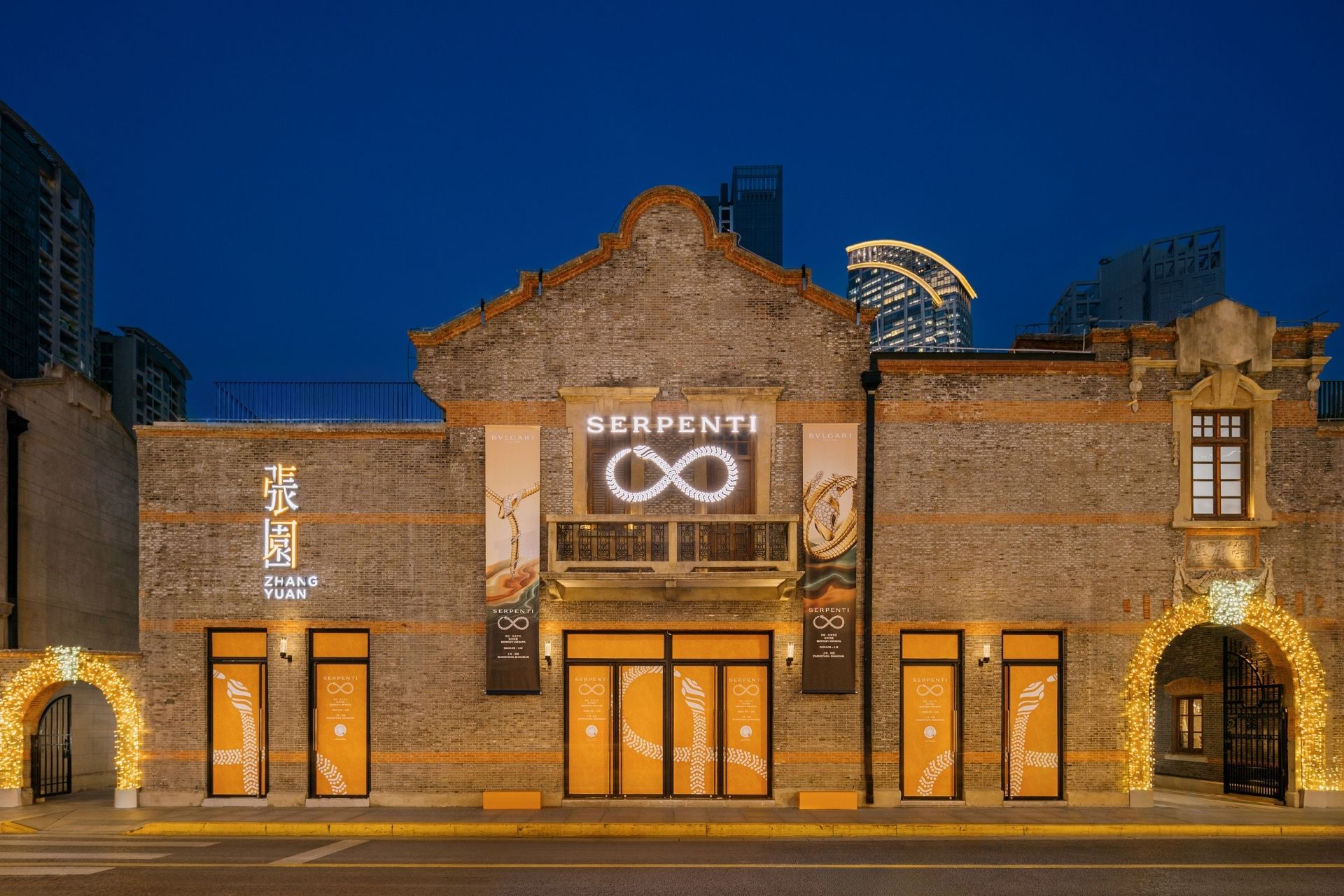BARD, Google’s answer to the growing competition from ChatGPT, has the potential to shake up the future of search, and whilst no one can predict exactly what will happen with these kinds of features, we do expect AI assistants to dominate Search, complicating the acquisition of traffic for luxury brands and presenting a whole new set of challenges.

On February 6th, Google announced that it would open up its experimental conversational AI service, BARD, to trusted testers as well as making it more widely available to the public in the coming weeks.

Credit: Courtesy.
The integration of Google’s AI-powered answers funneled directly into Search results, comes at a time when the tech giant is facing heated competition in the market from ChatGPT, a chatbot developed by OpenAI and launched last year in November.
Whilst Google was expected to have such features integrated, no one could predict it would have happened so suddenly. Indeed, its parent company Alphabet Inc was highly criticised after it lost $100 billion in market value on Wednesday, after BARD shared inaccurate information in a promotional video and a company event failed to impress, leading many to question whether Google was even ready to enter the market with such features.
While the mistake made many headlines, the issue of AI assistants making errors has to be put into perspective. ChatGPT gives many misleading answers too, and ultimately, with its biggest datasets and years of strong AI investment, Google should come at the top of the Assistants revolution.
But, the move is unsurprising given the speed in which ChatGPT has gained in popularity, and whose partnership with Microsoft and more precisely, its direct integration in Bing has seen its status from outsider to leader escalate rapidly.
Competition aside, what we have seen with Google over the past few years, is that whilst the tech giant has improved its overall Search experience, it has also had the tendency to place less emphasis on organic Search traffic, meaning the organic Click-Through-Rates have decreased and Cost-Per-Click of Search Ads have increased.
With the company now adding AI into its Search experience, we expect it to follow the same trend as the ultimate search experience is not to come up with many answers but to have one or a few tailored answers. AI-Generated answers will no doubt shake up how Search results appear and how brands can benefit from them. And whilst no one can predict exactly what will happen, ultimately we believe that AI Assistants will dominate the future, leaving less real estate to brands.
What Happens With AI Assistants When Searching For A Product?
To understand the current situation and capabilities of AI assistants, let us first look at ChatGPT, as while it is an impressive tool, it is important to note that it currently has limited capabilities when it comes to shopping online and the results are not really “actionable”.
However, when it comes to Google, this might be a completely different story, as over the years Google has built incredibly strong advertising and shopping capabilities that could potentially one day be embedded directly in the Assistant, from Shopping Listing to Google Pay, Google is able to cover the full funnel, making it smoother for customers to complete their transactions.
Google’s Evolution Towards AI
To go deeper into understanding why Google’s BARD will transform the landscape of AI Search, we have to cast our minds back to 2017, where Google placed more emphasis on Google Assistant, Visual Search, Voice Search as well as no-click searches.
Google has always emphasized two types of results: Facts and Information and Not One Right Answer (NORA). And over the past few years, access to factual information has become more accessible through various search results, such as the Knowledge Graph and Position 0, without the need for a click.
This trend towards no-click searches has only become more prevalent in recent years, and with the introduction of certain key features like Graphing Calculator, Instant Answers, and Knowledge Graph, all of these updates have improved the Search experience for users, but has complicated search traffic acquisition for many brands.

Credit: Courtesy.
Organic Traffic Is Becoming Harder To Win
Now more than ever, it has become harder for brands to win their traffic organically. An example of this is, since 2015, Click-Through-Rate (CTR) on the first, second and third organic positions on Google have lost more than 3pp resulting in an average drop of -9.6 percent CTR overall for organic listings. The trend is even more visible on mobile devices with -12 percent CTR overall. What this means is that the more occupied the top of the Search results are busy with “direct answers” type of results, the fewer clicks websites are likely to get.
Stronger Pressure On Commercial And Transactional Keywords
Not all search intent is affected equally either. According to data from Advanced Web Ranking, branded keywords have seen a -15 percent decrease in average organic CTR on mobile, while non-branded keywords have seen a -22 percent decrease.
Recently, several clients have asked me why despite more people searching for the brand, the organic traffic on their website has decreased, and in most scenarios, it’s due to the increase in competition in the search results.
On the paid search side, Cost Per Click has steadily risen each year due to an increase in competition among advertisers.
The Potential To Shake-Up Businesses
So while we only have a few screens at our disposal for non-commercial queries, BARD will undoubtedly push organic listings further down and increase even further the number of “no-click” queries.
Over the years, one of the most persistent criticisms of Google has been that it takes away revenue from content creators. And with the announcement of BARD, this issue has been brought back to the forefront. While there has yet to be any response from Google on this matter, it is certain that no one wants an answer with a list of links as the source of the AI-generated response.
How Can Luxury Brands Prepare?
It is complicated to give recommendations on how luxury brands can prepare for these kinds of new scenarios in Search, besides putting more emphasis on the importance of brand building, as it is hard to assess what the impact of these new features will be.
However, it is extremely important to note that brands must develop strategies of “always-on” traffic acquisition on Meta and Display advertising on top of Search. Most of the brands quoted in ChatGPT are well known and it seems that for now, the ones that could suffer the most are niche brands. And as with any new development, luxury brands must consider balancing a variety of different strategies in place in order to be successful.
Welcome to DLG Insights, a new series of articles written and produced by our parent company’s in-house experts. At DLG, we firmly believe in the future of AI and the opportunity it represents for brands. If you are a luxury or lifestyle brand that is interested in speaking with us about it, you can contact us here.








